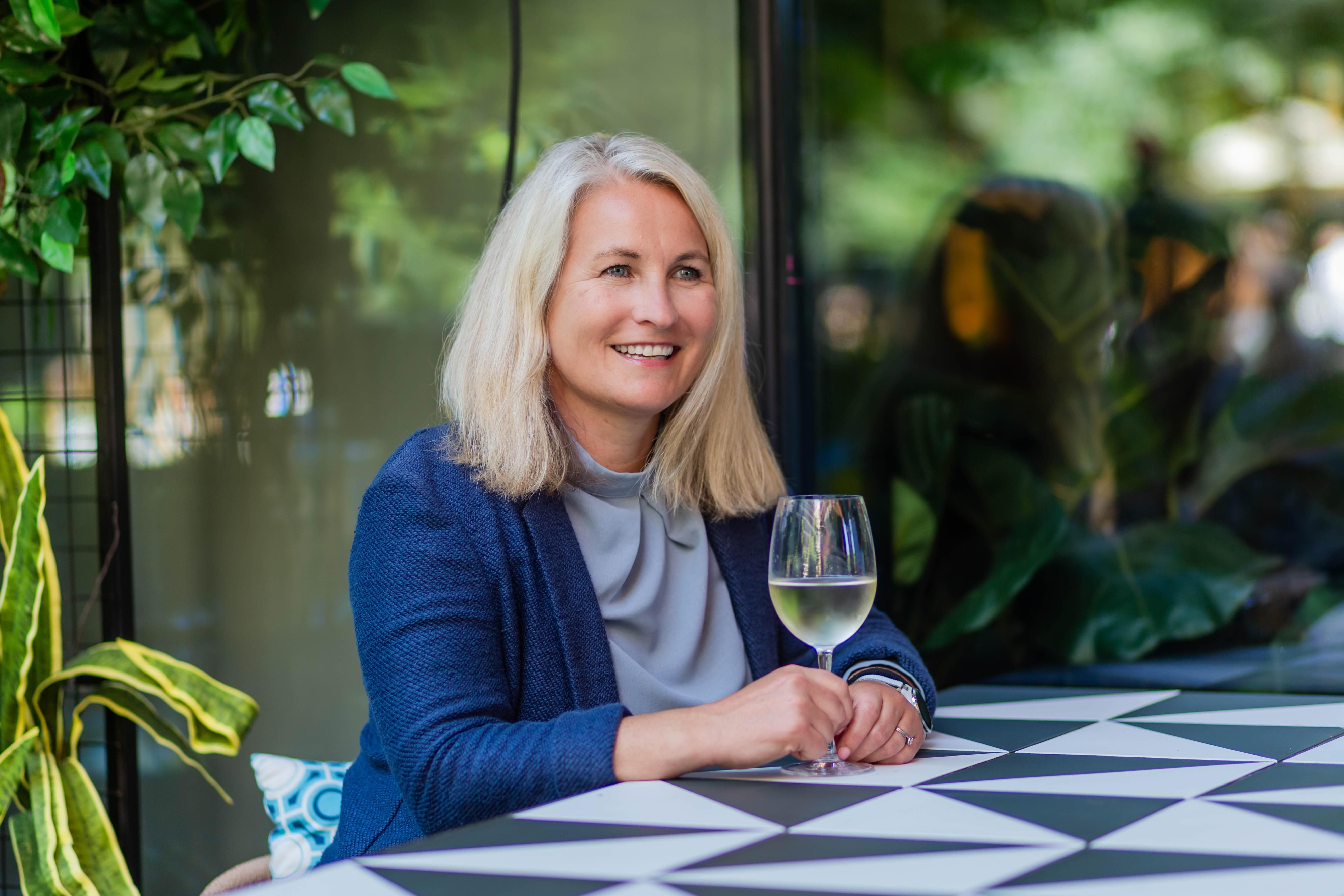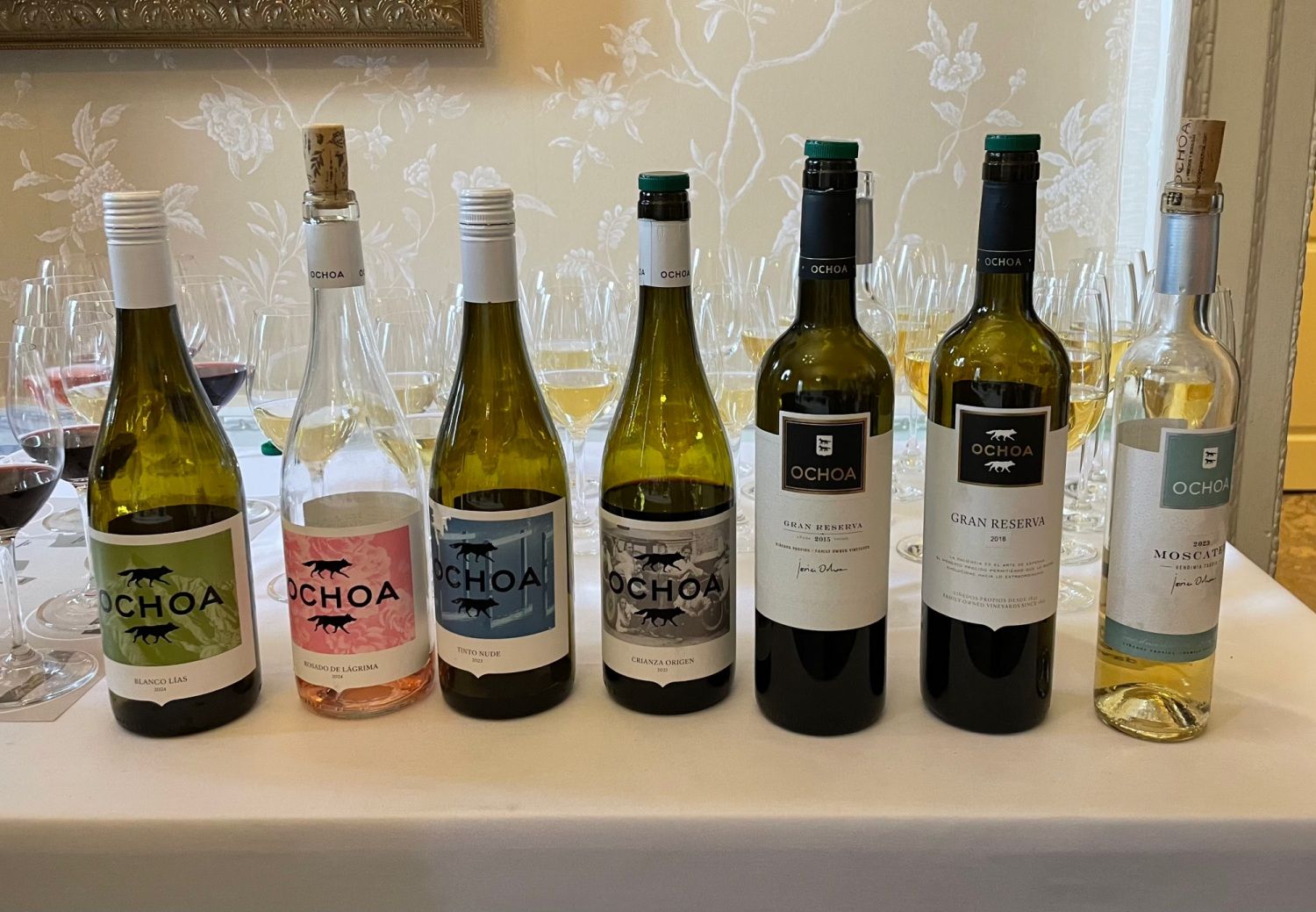Drinks and hospitality leaders are not alone in having to wake up to the opportunity – and threat – of digital and why they need to have a strategy to compete.
The UK’s switch to buying online shows no sign of abating, even now the majority of high street shops are back open for business. Each week brings with it another set of record breaking e-commerce figures. Last week it was the turn of IMRG Capgemini Online Retail Index which revealed the following figures:
- Online retail sales growth jumped 33.9% year-on-year (YoY) in June, surpassing the previous month’s growth to become the highest annual result since March 2008.
- This was up 3.5% on May and accounts for the time when high street retailers re-opened their doors).
- What should be worrying for the major bricks and mortar players is the gap in performance between online-only and multichannel retailers continues to widen, with the former recording over five times the growth of the latter (up 51.7% vs 10%).
- With the on-trade still closed in June online sales of beers, wine and spirits rose by 79.9% year-on-year, but even more eye catching is the 78.8% increase there has been in the year to date for e-commerce alcohol sales.
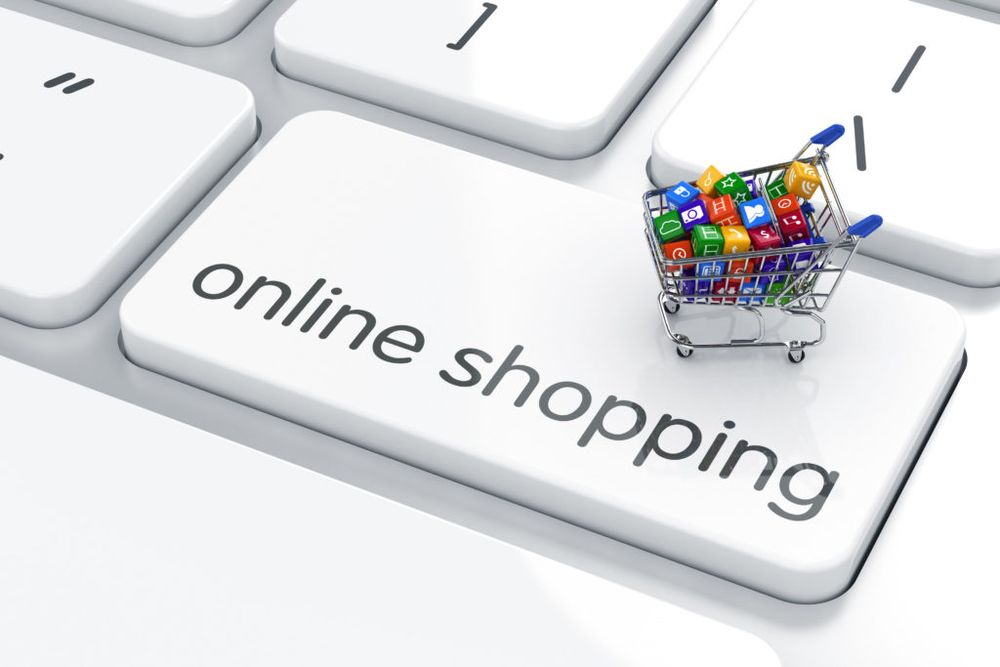
Covid-19 has forced most business leaders into a digital strategy
But how much of this is all down to Covid-19 and how much of this switch to online become a longer term trend? Those were the questions that Kantar looked to answer in a recent webinar where it looked to set out just where online might sit in the future.
It says there had been “more progress” in the first five weeks of lockdown as the e-commerce sector had seen in five years. The fact 85% of the companies it works with have increased their investment in online during Covid-19 suggests this trend, and switch to digital, is here to stay.
Failure by business leaders
Which is all well and good, but why has it taken a pandemic for so many businesses to wake up to the opportunity of online? To answer that Kantar only had one place to go – “the highest paid person’s opinion” – or the infamous “Hippo” syndrome.
Yes, the chief executives, the managing directors who have failed year after year to put the investment and resources into online and have finally realised they have now no choice to do so.
It means when the dust settles on Covid-19 there will be a clear picture emerge between those businesses that were caught with their e-commerce pants down, and those that were already two or three steps down the line to take full advantage. The drinks industry, and its suppliers, in particular, has been particularly polarised between those who get e-commerce and digital and those who don’t.
Kantar’s research is pretty damning of the FMCG, grocery and retail sectors it analyses claiming “a lot of big bosses have stood in the way of e-commerce sales:
- 40% of companies had no e-commerce strategy in November 2019.
- 41% of grocery brands had no dedicated e-commerce members of staff before Covid-19.
- Only 11% of brand managers consider themselves digital leaders.
- 32% did not have an e-commerce pricing strategy before Covid-19.
- 64% don’t have digital media spend skills in house.
- 92% do not predictive analysis in e-commerce planning.
How to get omni channel strategy right
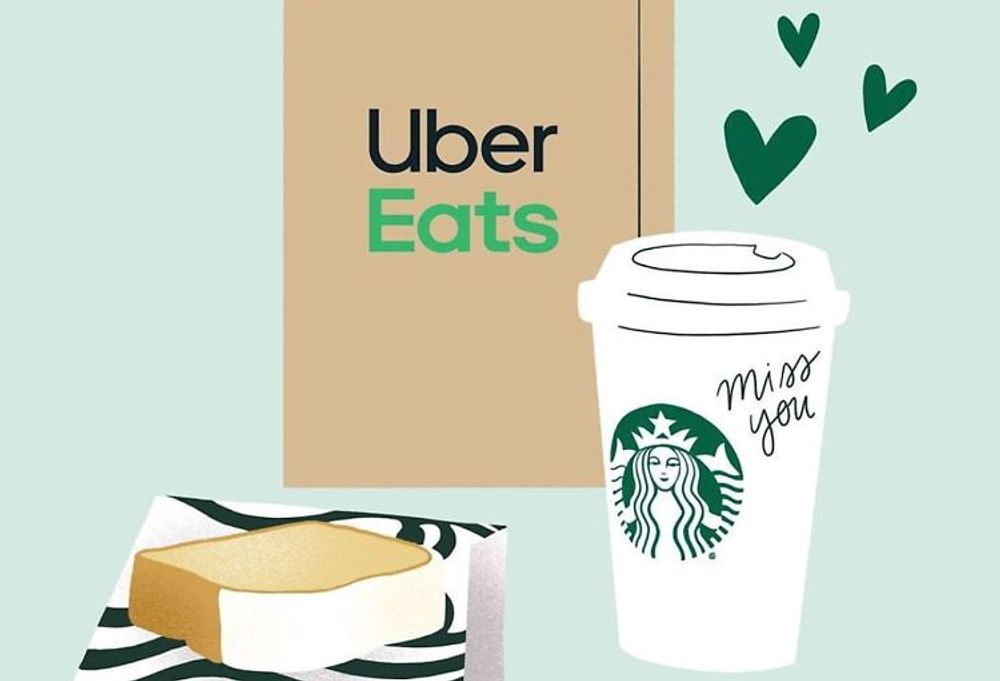
A great use of on demand: Starbucks link up with Uber Eats
Kantar says it is one thing investing in digital, it is another getting it right. How businesses now respond to the digital challenge will determine how successful they are in the months ahead.
Kantar urges businesses to use the rest of 2020 to get their ‘omni channel’ strategy right, starting with its pricing objectives and advises against getting into the same sort of discounting that they might be used to with high street retailers.
Back that up by building effective data analytics tracking systems so that businesses get “more real time decision making”. “The surge to digital has exposed big gaps and weakness areas,” it says.
Now is the time to carry out a “digital commerce fitness plan” and assess just how good your online and digital operations are.
More time and focus needs to be placed on the experience of buying online and how well brands and retailers can tap into wider consumer needs and changes in behaviour.
It said initiatives like Starbucks linking up with Uber Eats to allow people to send a “virtual cup” to friends, and family and for Mother’s Day is the sort of step companies need to be looking at – rather than just trying to increase online sales per se.
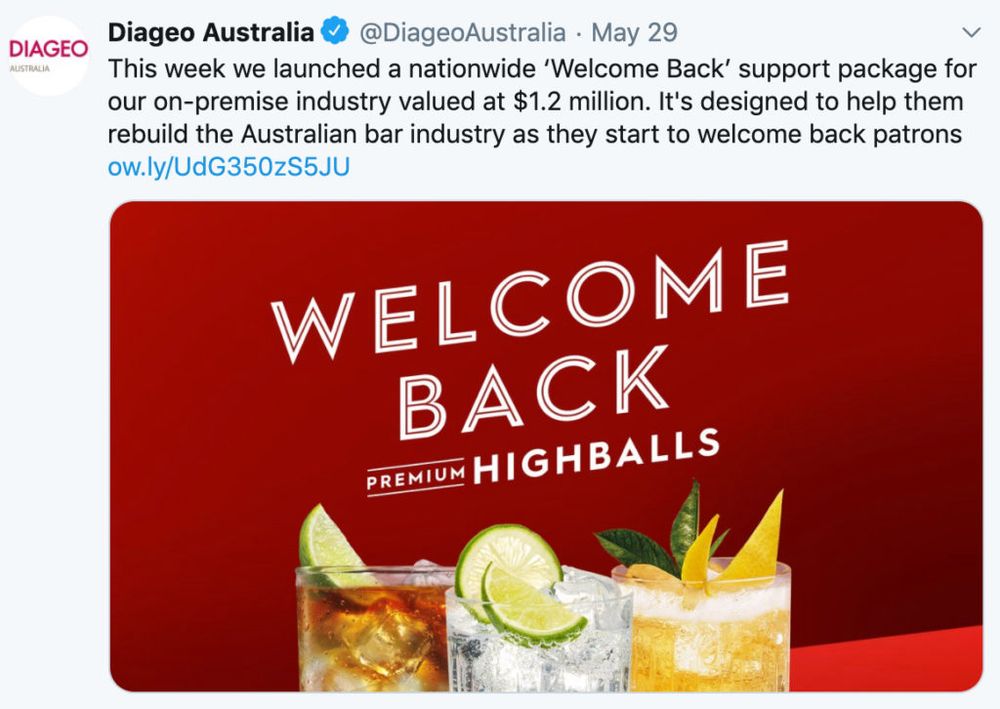
Diageo in Australia has been doing what it can to help the on-trade re-open
Equally Diageo’s ‘Welcome Back’ investment in Australia to help the on-trade come back by teaming up with outlets to offer free drinks to customers was another good use of digital.
In the future having an on demand account manager will be as common as a national account manager looking after a major retailer or restaurant or pub group. Coca-Cola, for example, has an account manager that only looks after its Just Eat business.
Long term change
The reason Kantar believes this switch to digital is here for the long term comes from how many more people have shopped online for the first time in lockdown. Its research shows that two out of every three shoppers who were new to online grocery shopping in the first four weeks of lockdown went back and bought again online in the next four weeks. That’s the kind of habit forming data that gets the likes of Kantar analysts excited.
It means overall penetration of online shoppers has gone from 24% pre-Covid-19 to 39% now, with a large increase of new consumers from older, and higher income age groups. Which has resulted in a 22% increase in average basket size.
If the majority of people continue to work from home then these new online habits will only bed in further over the coming months, and the fact when people do go out they won’t be wanting to big grocery shops in person, it says.
Alcohol boom
The good news for the drinks industry is that sales of alcohol is way out in front of other categories during lockdown with a 119 over index on alcohol, compared to a 92 index drop for soft drinks. “Alcohol is a key category to get new buyers into e-commerce,” says Kantar.




